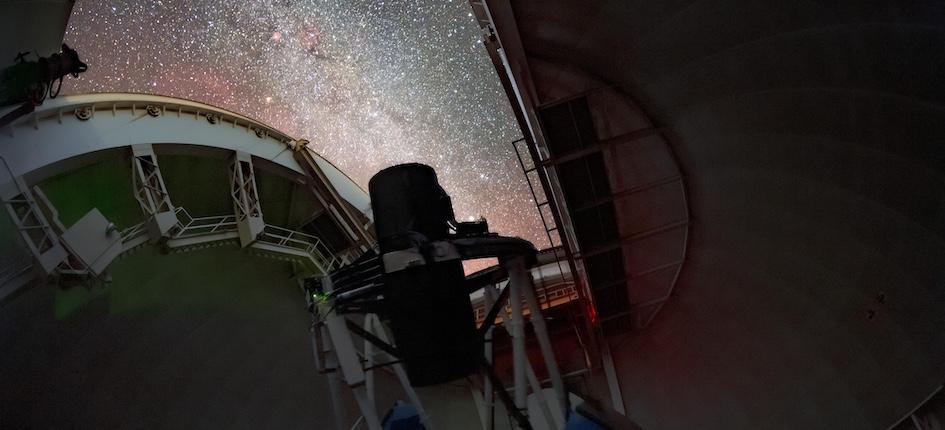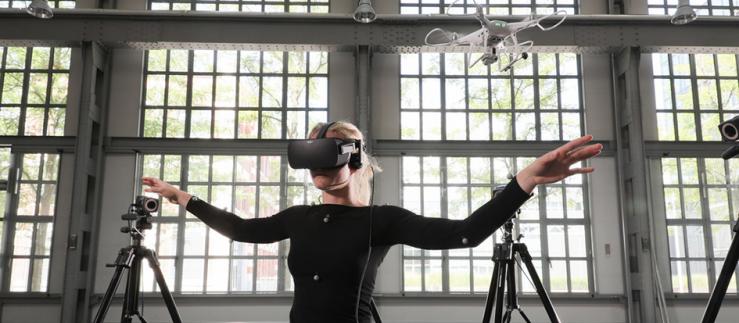In an ambitious effort to unravel the mysteries of cosmic expansion and dark energy, the Dark Energy Spectroscopic Instrument (DESI) project, with pivotal contributions from EPFL scientists, has released the largest and most detailed 3D map of the universe ever made. This international endeavor, engaging over 900 researchers from more than 70 institutions globally, including Western Switzerland’s EPFL, marks a significant leap in our understanding of the universe’s expansion history over an astonishing span of 11 billion years.
The DESI project, by employing 5,000 finely tuned robots mounted on the Mayall Telescope at the Kitt Peak National Observatory, USA, enables scientists to peer back up to 11 billion years into the universe’s past. This groundbreaking work has resulted in precision measurements of the universe’s expansion rate during a previously elusive period (8-11 billion years ago) with unprecedented accuracy.
Central to DESI’s innovative approach is its detailed mapping of galaxies and quasars, surpassing the combined efforts of all prior 3D spectroscopic maps. This not only reinforces our current cosmological models but also opens the door to exploring the elusive nature of dark energy — the force driving the accelerating expansion of the universe.
A new benchmark for cosmological surveys
EPFL’s contributions in DESI include the development of the survey’s targeting strategy and the robotic fiber-positioner system, crucial for the precise observation of selected celestial bodies. EPFL’s interdisciplinary “Astrobots” group, collaborating across departments, played a key role in verifying the performance of DESI’s robotic positioners.
The extensive data collected in just the first year of DESI’s operation, encompassing over 6 million galaxies and quasars, sets a new benchmark for cosmological surveys. EPFL researchers have been instrumental in processing and interpreting this vast trove of information, employing advanced numerical modeling and simulations to unlock the physical meanings behind the data.
The progression of the DESI project not only reinforces existing theories regarding the universe’s expansion but also suggests the presence of anomalies that may alter our understanding of dark energy and cosmic dynamics. The data generated by DESI is expected to enrich future astronomical surveys and set the stage for continued research.






